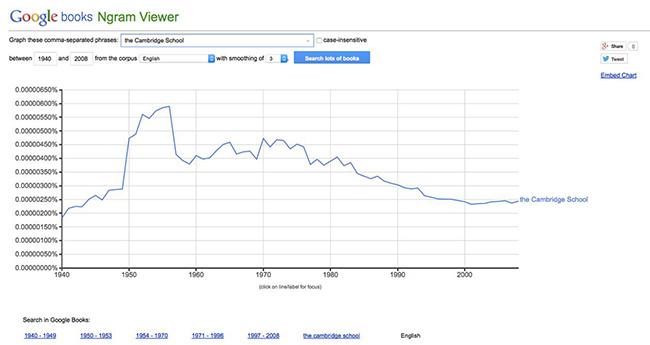
Full text loading...
Recent work on the history of political thought, exploiting digital resources, is challenging the idea that empirically and hermeneutically minded political scientists must work independently in silos. Work by students of the Cambridge School and work by textual data miners are showing the way toward a new hermeneutical circle—one in which empirically and hermeneutically minded political scientists can use digital resources to analyze diverse texts and make groundbreaking discoveries on relationships between textual uses of language and political change. I analyze this new trend toward different sorts of political scientists using digital resources to study ideas, to outline underlying paradigms relating language and politics in these respective fields, and to consider how they could be brought into productive conversation. I then consider how such conversation would enrich subdisciplinary understandings of the role of language in politics. Ultimately, I use this analysis to generate a broader model for how empirically and hermeneutically inclined political scientists can benefit from collaboration in the age of digital humanities.

Article metrics loading...

Full text loading...
Literature Cited


Data & Media loading...
Supplemental Material
Supplemental Figure 1. An Ngram is a way to trace the frequency of a word or phrase across various texts or books. Google Ngram Viewer provides a way to graph how often a given concept or word appears across all the books in Google Books. Below is a graphic representation of an Ngram of mentions of "the Cambridge School" across works on Google Books from 1950 onward, to offer an example of such quantitative representation of a phrase. Download a larger version of the Supplemental Figure as a PDF.
